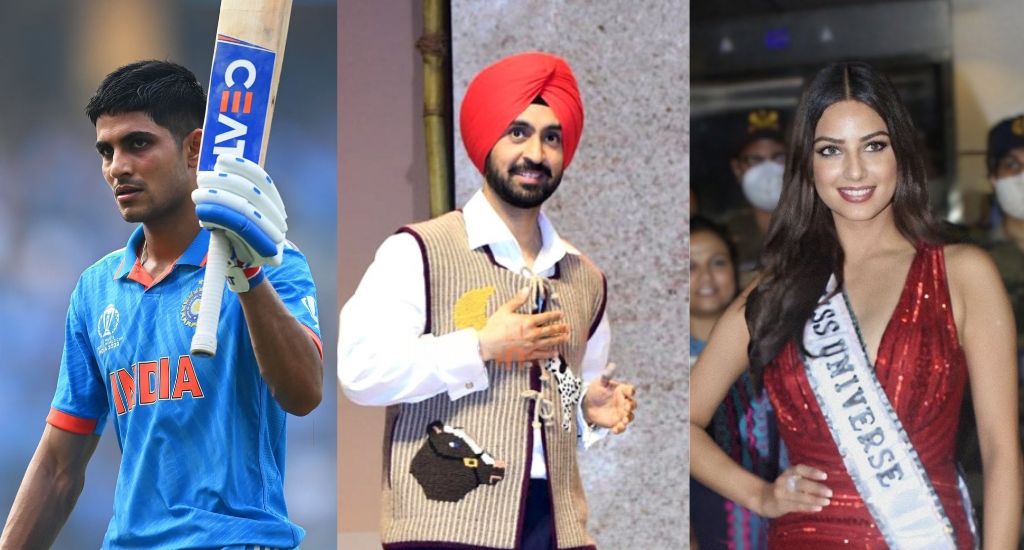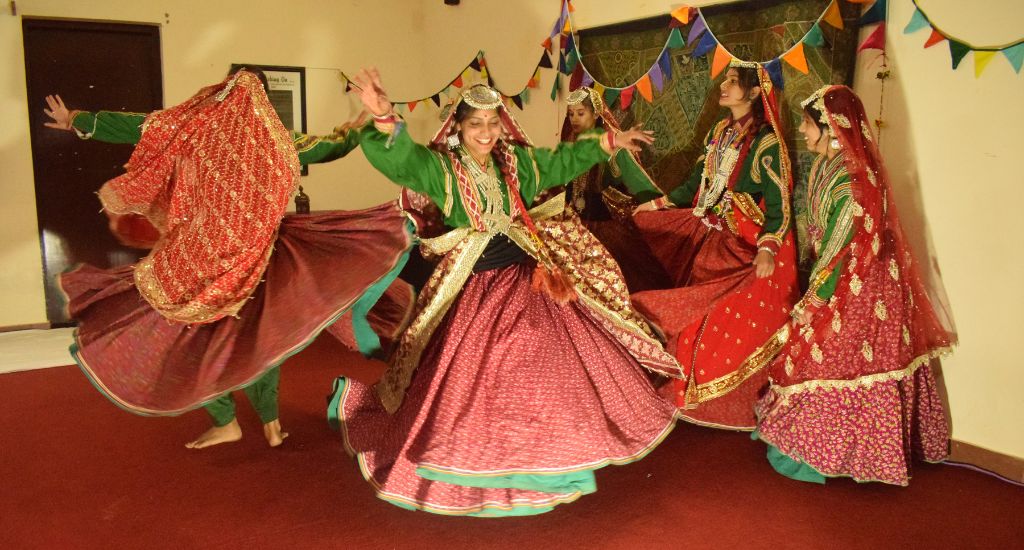“Much before the lockdown announcement, we educated our workers about coronavirus infection, the symptoms and care to be taken. Then we bought anti-bacterial soap, sanitizers and face masks for them and their families,’’ said Bengaluru-based designer Deepika Govind.
Kochi-based Sreejith Jeevan said that his design firm took the bank details of his small team before shutting operations a couple of days before the lockdown. He assured the workers of regular payment during the lockdown.
“I have 40 artisans from different parts of the country like West Bengal, Karnataka, Maharashtra and the far-flung suburbs of Mumbai. I had some sort of intuition of the situation and so had asked workers to leave for their homes after assuring them of both financial help and job security on their return,’’ said Mumbai-based Vaishali Shadangule.

Govind, Jeevan and Shadangule are successful and well-known fashion designers, whose forte is working with handloom weavers and handloom fabric. They take the effort to take care of their workers and their families as well as they can, especially during these uncertain times.
Handloom weavers
The textile sector is the second largest employment sector after agriculture in India, currently employing 43.31 lakh handloom weavers and allied workers in both rural and semi-urban areas, as per government data. Nearly 87% of them reside in villages. Women form around 77% of weaving workforce, who on an average hardly make Rs 50 a day while contributing nearly 95% to the world of hand-woven fabric.
As the sector doesn’t fall in the essential services category, the problems of poorly paid handloom weavers’ plight do not attract much media attention. Hence for any aid they are mostly dependent on the master craftsmen who hire them on a contract basis, the weavers’ cluster societies employing them or the few fashion designers who use hand-woven fabric.
Lockdown compensation
Speaking to VillageSquare.in about how they are helping their weavers in these tough times, Ajitha Suresh, president of Cherai Handloom Weavers Cooperative Society in Kerala said, “We are paying salaries to weavers who have looms at home and continue to weave.”
“We can’t pay weavers who don’t have home looms and can’t come to work on society’s looms because of social distancing. So all the weaving societies in Paravur town near Kochi have taken a common decision to compensate them,’’ said Suresh. “As it was the Vishu festival time, every weaver was paid Rs 2,000 in advance and Rs 1,000 was credited as welfare fund.”
Declining demand
Janessaline Pyngrope, business head of Daniel Syiem’s Ethnic Fashion House located in Shillong, Meghalaya said, “Daniel only works with handspun yarns like the ahimsa Eri silk and cotton. The advantage of weavers in the north-east region is that for generations they all have been working on their looms at home. So the social distancing in these COVID-19 times doesn’t affect them.”
“The main problem we are facing since December or since the agitation against Citizenship Amendment Act started, is drying up of demands. When we haven’t got any orders, it becomes difficult to place orders for fabric,’’ Pyngrope told VillageSquare.in.
Another advantage for the north-east weavers, who are mostly from the tribal communities, is that they all own a small patch of land around their homes where they grow their daily needs. So food isn’t a problem. Plus they cultivate silkworms at home and spin their own yarn. So they could have continued to work if they had got the orders.

“Here every village head makes it a point to talk to each villager. But unless we start getting orders and the travel ban is lifted, it will take a long time for us to come out of this financial slump. Slowly the ripple effect will start showing on the villagers also,” said Pyngrope.
Concern for weavers
Pyngrope makes it a point to call members working with Krihlang Handloom and Handicrafts Women Cooperative Society, and inform them where the food packets are being distributed, financial aid is being given and also discuss health issues.
When the 2018 Kerala floods almost wiped out the entire weaving colony in Chendamangalam, many fashion designers adopted a few clusters and helped raise money and also helped them build their lives again. The region is famous for weaving the super soft and highly absorbent cotton fabric used to make saris, dhotis, etc.
“We work with Care4Chendamangalam which is actively helping these societies. We are constantly ensuring that everyone is safe and their societies keep them completely informed, Sreejith Jeevan of Rouka brand told VillageSquare.in. “Besides, the government system in Kerala is very efficient and has helped every worker.’’
Planning ahead
Deepika Govind of the eponymous brand Deepika Govind, known for the use of Ikat fabric and natural yarn, echoed the financial concerns of Pyngrope. While speaking to VillageSquare.in, she admitted that the post-lockdown future looked scary.
“Most apparel factories may close because the buyers have already cancelled orders for the months of July/August. Buyers have already started stalling payments. I think maximum support will be required when the lockdown gets over. And that’s what I am preparing for,” said the designer.
Vaishali Shadangule of Vaishali S brand, besides ensuring that her artisans are safe, has plans for their future. Her next project is going to be her first bridal collection. Shadangule has always worked with traditional weaves like Chanderi, Paithani, Jamdhani, Guledagudda Khun, etc.
“I have decided to keep all the profits from the sale of the bridal collection for the benefit of my artisans. So in future, this money can take care of some of their problems,’’ Shadangule told VillageSquare.in.
All the designers agreed that health is the priority at present. Each one is confident of bouncing back, once the spread of infection is under control and the lockdown is lifted.
Surekha Kadapa-Bose is an independent journalist based at Thane. Views are personal.


